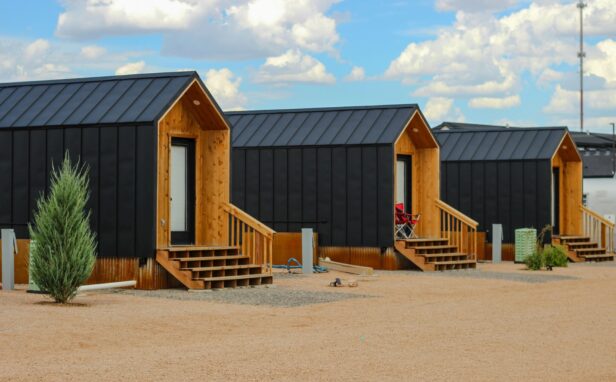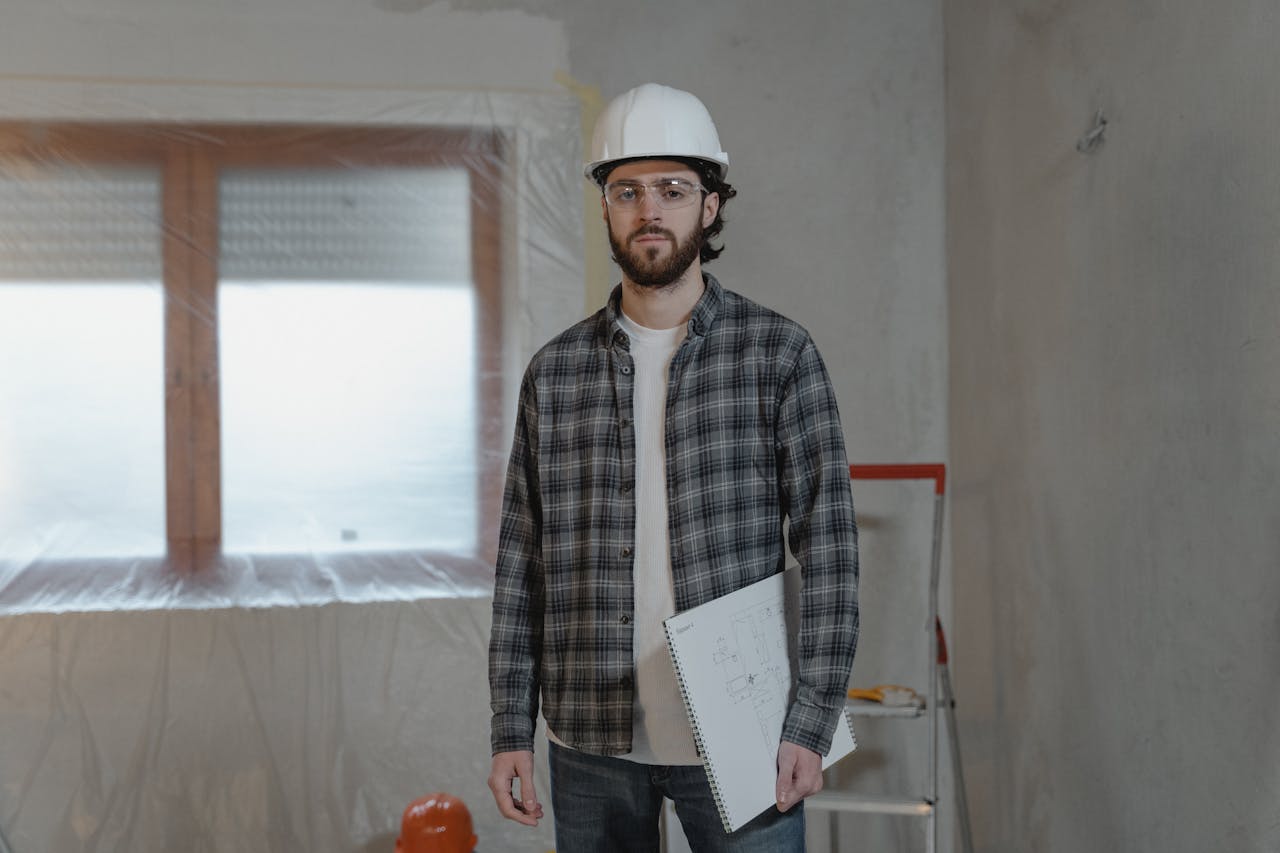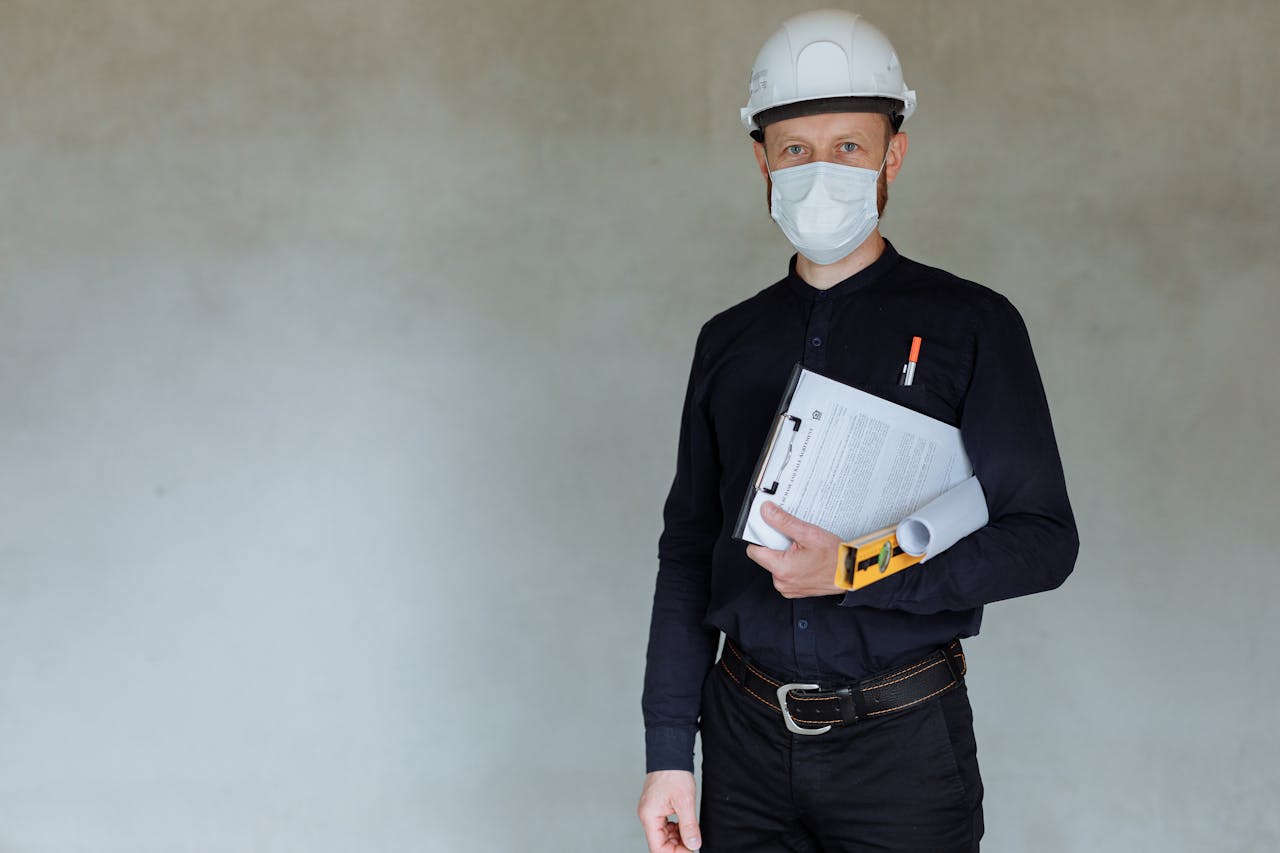Dallas’s housing market is experiencing a quiet transformation. As construction costs rise and timelines extend, modular home building has emerged as a compelling solution that combines precision engineering with practical benefits for property owners and developers. These factory-built structures represent more than just an alternative housing option; they signify a fundamental shift in residential construction in North Texas.
The appeal of modular homes in Dallas lies in their unique production process. Unlike traditional builds that contend with Texas weather extremes and coordination challenges, modular construction takes place in climate-controlled facilities where skilled technicians assemble home components with assembly-line efficiency. This controlled setting eliminates many variables that affect conventional construction—from rain delays during Dallas’s unpredictable storm seasons to the increasing difficulty of securing consistent subcontractor schedules in today’s tight labor market.
What makes modular homes particularly appealing to Dallas property owners is the balance they strike between standardization and personalization. While built using systematic processes that ensure structural integrity and code compliance, these homes offer remarkable customization options. From contemporary designs that complement Dallas’s urban aesthetic to traditional styles that blend seamlessly into established neighborhoods, modular homes deliver quality, sustainability, and efficiency without compromising on individual expression or architectural character.
What Are the Benefits of Modular Home Construction in Dallas?
By executing modular construction projects in Dallas, we offer developers and property owners a fundamentally different building approach that addresses multiple pain points in traditional construction. The benefits extend beyond just building off-site—they create tangible advantages throughout the entire project lifecycle.
Accelerated Construction Timeline
The ability to conduct site work and building construction simultaneously is one of modular’s most significant advantages. While we prepare the foundation and utilities on-site, the building modules are fabricated in a factory environment. This parallel process can reduce overall project timelines by 30-50% compared to conventional builds.
For Dallas developers in the city’s competitive market, this acceleration means faster returns on investment and reduced carrying costs. We’ve seen projects that would typically require 8-12 months complete in just 3-5 months through modular methods—a critical advantage in a market where timing often determines success.
Quality Control and Consistency
The factory-controlled environment where modular components are built eliminates many of the variables that affect site-built construction. Every module undergoes rigorous quality testing at multiple production stages, ensuring that measurements, materials, and systems meet or exceed building codes.
This controlled process means fewer surprises during assembly and significantly reduces punch list items that typically delay project completion. For Dallas property owners, this translates to more predictable outcomes and fewer post-occupancy issues.
Enhanced Energy Efficiency
Dallas faces temperature extremes that challenge building efficiency, from sweltering summer heat to occasional winter freezes. Modular construction allows for superior insulation installation and tighter building envelopes that aren’t achievable with the same consistency in field construction.
The precise nature of factory construction allows us to create ultra-tight seams between building components, significantly reducing air infiltration. Combined with the ability to incorporate high-performance windows, advanced HVAC systems, and state-of-the-art insulation, this approach creates buildings that can reduce energy consumption by up to 20%.
Many of our Dallas clients specifically request Energy Star certification, which modular construction helps achieve through its precision-engineered approach to building science principles.
Weather Independence
Construction in Dallas can face significant delays during spring thunderstorms or summer heat waves when outdoor working conditions become hazardous. By shifting 80-90% of construction work indoors, we effectively remove weather from the equation.
This climate-controlled approach means no rain delays, no materials damaged by unexpected storms, and no fluctuating productivity based on outdoor temperatures. For developers working with tight schedules, this predictability is invaluable for planning and financing.
Reduced Construction Waste
Traditional construction typically generates significant waste—up to 30% of materials can end up in landfills. Our modular approach significantly reduces this waste through precise material ordering, optimized cutting patterns, and the ability to recycle unused materials directly within the factory setting.
This waste reduction not only supports sustainability goals but also translates to cost savings. Materials represent a substantial portion of construction budgets, and minimizing waste directly improves project economics while supporting Dallas’s environmental initiatives.
How Does the Modular Home Building Process Work in Dallas?
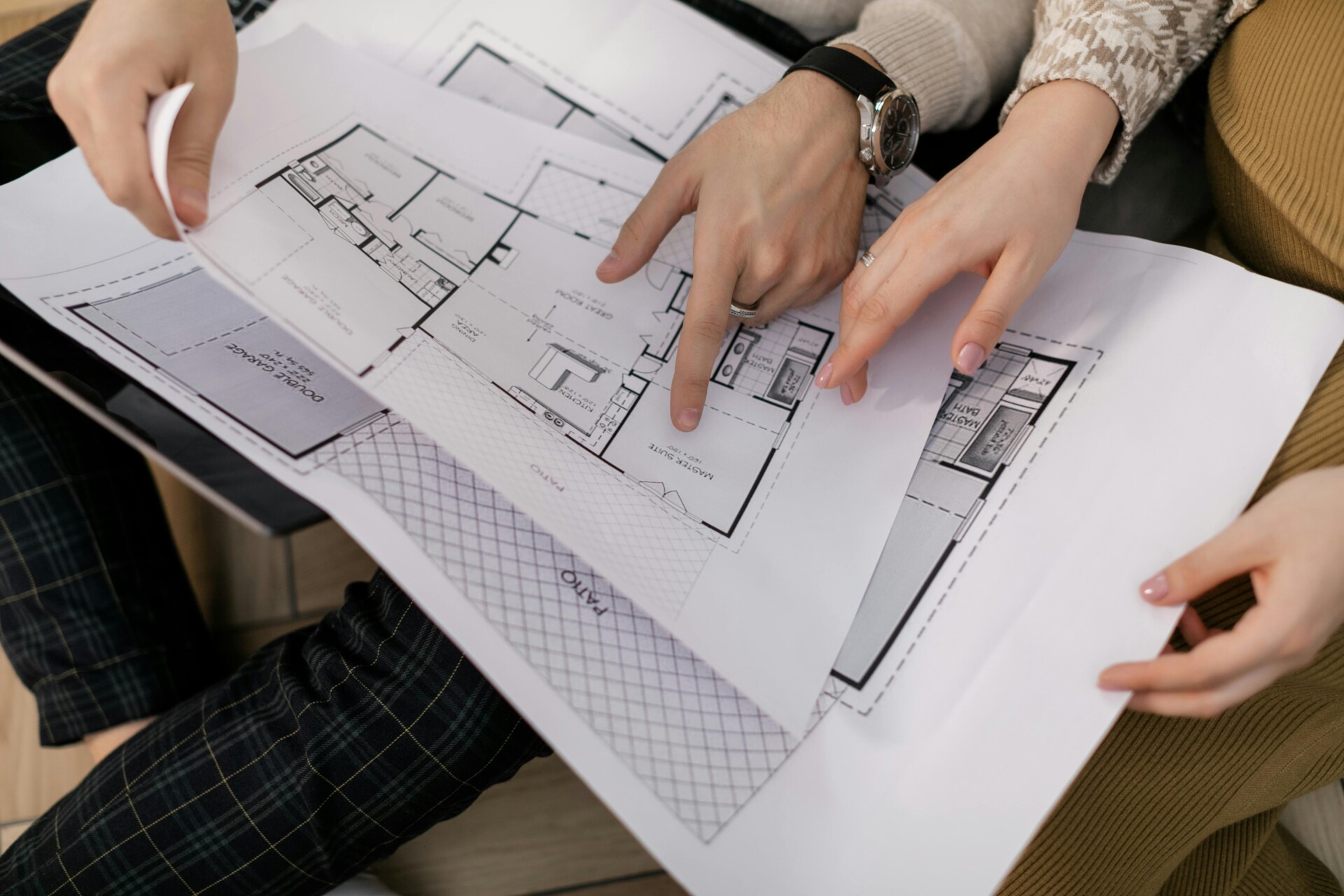
At EB3 Construction, we’ve refined the modular home building approach to deliver efficient, high-quality residential structures throughout the Dallas area. Our process leverages factory precision while maintaining the customization and durability homeowners expect from traditional construction methods.
Design and Planning Phase
We begin by collaborating with clients to select or customize a floor plan that meets their specific needs. Contrary to the misconception that modular means limited options, we offer extensive customization possibilities—from minor adjustments to completely bespoke designs. This phase includes finalizing architectural details, obtaining necessary permits, and preparing engineering specifications that meet Dallas’s building codes.
During this stage, we conduct thorough site evaluations to identify any potential challenges with foundation requirements, utility connections, or site access for delivery equipment. We’ve found that proper planning minimizes delays and ensures smoother execution in the following building phases.
Foundation Preparation
While your modules are being constructed in the factory, we simultaneously prepare your building site—a significant advantage over traditional construction sequencing. Our crews handle excavation, foundation pouring, and utility rough-ins according to the engineered specifications. Dallas’s clay soil often requires particular foundation considerations, which we address through proper soil testing and appropriate foundation systems.
This parallel work approach typically saves 4-6 weeks compared to conventional building methods, where foundation work must be completed before framing can begin. The foundation must be precisely level and square to accommodate the factory-built modules, requiring exacting measurements and quality control.
Module Construction in Controlled Environment
The core building process takes place in a climate-controlled factory environment, shielded from Dallas’s unpredictable weather conditions. Each module—essentially a section of your home—is built from the inside out on an assembly-line basis. Frames are constructed, walls are erected and insulated, electrical wiring and plumbing are installed, and interior fixtures and finishes are applied.
This controlled manufacturing environment offers several advantages: consistent 70-degree temperatures ensure optimal curing of materials, workers specialize in specific tasks improving efficiency, and multiple quality inspections occur throughout the process. Materials stored indoors aren’t exposed to moisture or temperature fluctuations that can cause warping or mold issues often encountered in traditional construction.
Transportation and Setting
Once manufacturing is complete and final quality assurance checks are passed, we prepare the modules for transportation to your Dallas property. Each module is wrapped in protective materials to shield it from highway travel and potential weather exposure. The modules are engineered specifically to withstand the stresses of transportation and crane lifting—with stronger framing and connections than typically found in site-built homes.
On installation day, a specialized crane and our expert setting crew work in careful coordination to place each module precisely on the prepared foundation. The modules generally arrive in the morning, and by afternoon, the major components of your home are in place—a transformation that often draws neighborhood attention due to its speed and efficiency.
On-Site Completion
After the modules are set, our crews begin the process of joining them together and completing all necessary connections. This includes sealing the marriage lines (where modules connect), completing electrical and plumbing connections between modules, installing exterior features like porches or garages, and addressing any site-specific finishing requirements.
The on-site completion phase typically takes 2-4 weeks depending on the home’s complexity and size. This is significantly faster than the final stages of traditional construction, which can stretch for months. During this time, we coordinate with city inspectors to ensure all connections and systems meet Dallas building code requirements.
Final Inspections and Handover
Before you take possession, we conduct thorough system tests and quality inspections throughout the home. This includes HVAC commissioning, plumbing pressure tests, electrical system verification, and a detailed walkthrough to identify any finishing touches needed. Dallas’s climate considerations are factored into these inspections, particularly regarding proper HVAC performance during extreme temperature periods.
The entire process typically takes 3-4 months from design finalization to move-in—roughly half the time required for comparable site-built homes in the Dallas market. Many of our clients appreciate not just the speed but also the predictability of the timeline, which allows for more accurate planning of their move and transition.
The Quality and Durability Advantage
The modular construction process results in homes that are often more durable than their site-built counterparts. Factory precision means tighter tolerances and stronger connections. Additionally, the modular structure essentially contains double walls, floors, and ceilings at the marriage lines, creating inherently stronger structures—an important consideration in Dallas’s occasional severe weather.
We find that many clients are surprised by the solid feel of modular homes compared to their previous experiences with traditional construction. The myth that modular homes are somehow less substantial than site-built homes quickly disappears when owners experience their exceptional noise reduction, energy efficiency, and structural integrity.
What Modular Home Styles and Customization Options Are Available in Dallas?
The Dallas modular home market offers remarkable diversity, with designs ranging from traditional ranches to sleek contemporary styles. Homebuyers increasingly appreciate the versatility of these factory-built structures, which combine aesthetic appeal with practical functionality tailored to North Texas living.
Single-story ranch designs remain consistently popular across Dallas and surrounding communities like Fort Worth and Plano, particularly with empty-nesters and first-time buyers seeking open floor plans. These homes typically feature straightforward layouts with interconnected living spaces and bedrooms arranged along a central hallway—a timeless design that works exceptionally well on level lots throughout the region.
Popular Models and Floor Plans
Several standout models have gained traction among Dallas homebuyers in recent years. The Prairie model, with its efficient 1296 square foot layout, has become a starter home favorite, offering a minimalist design that maximizes space without compromising comfort. For growing families, the Nandina I provides a more spacious 2227 square feet with three bedrooms and flexible living areas that can adapt to changing needs over time.
Larger households often gravitate toward the Lilly II, an impressive 2565 square foot design featuring four bedrooms, two bathrooms, and generous common spaces. The practical layout accommodates multiple family members while maintaining privacy—a delicate balance that traditional stick-built homes sometimes struggle to achieve at comparable price points.
Customization Possibilities
We approach each modular project as a collaboration, recognizing that floor plans serve merely as conversation starters. Most providers throughout Dallas offer extensive modification options, allowing homeowners to adjust room dimensions, relocate interior walls, or reconfigure entire sections to better match their vision. This design flexibility represents a significant advantage over manufactured housing, which typically arrives with minimal customization potential.
Material selection presents another opportunity for personalization. From exterior finishes like fiber cement siding and stone accents to interior elements such as cabinetry, countertops, and flooring, we can integrate virtually any material that would be available in conventional construction. This allows homeowners to achieve distinctive looks ranging from Craftsman-inspired designs with prominent front porches to ultra-modern facades with clean lines and extensive glazing.
Architectural Styles Available
Dallas modular builders have expanded beyond basic designs to embrace diverse architectural expressions. Traditional styles featuring symmetrical facades and classic proportions remain steady performers, while contemporary options with open floor plans and abundant natural light have surged in popularity, particularly in urban and close-in suburban settings.
Beyond these mainstream categories, specialized styles have found their niches. Cape Cod designs with characteristic steep roofs and dormer windows offer traditional charm with modern functionality. Cabin and chalet styles bring rustic warmth through exposed beams and natural materials—surprisingly adaptable to Dallas despite their mountain heritage. For those embracing minimalist living, tiny home designs under a thousand square feet deliver efficiency without sacrificing essential comforts.
Climate-Responsive Features
Successful modular homes in Dallas incorporate design elements that respond intelligently to the region’s climate challenges. High-performance insulation packages, energy-efficient windows, and properly sized HVAC systems help maintain comfortable interiors despite summer temperatures routinely exceeding 100°F. Many of our builds now include enhanced roof systems with reflective materials to mitigate solar heat gain—a practical consideration that directly impacts livability and operating costs.
Outdoor living spaces have become nearly mandatory in recent years, with covered porches, patios, and dedicated outdoor kitchens extending the functional square footage while capitalizing on Dallas’s extended outdoor season. These transitional spaces bridge interior comfort with the natural environment, creating seamless connections that traditional construction sometimes struggles to achieve cost-effectively.
The modular approach allows us to deliver these climate-responsive features with greater precision and consistency than site-built alternatives, ultimately creating homes that perform exceptionally well in Dallas’s specific environmental conditions while meeting the aesthetic expectations of today’s design-conscious homebuyers.
What Should You Consider When Financing a Modular Home in Dallas?
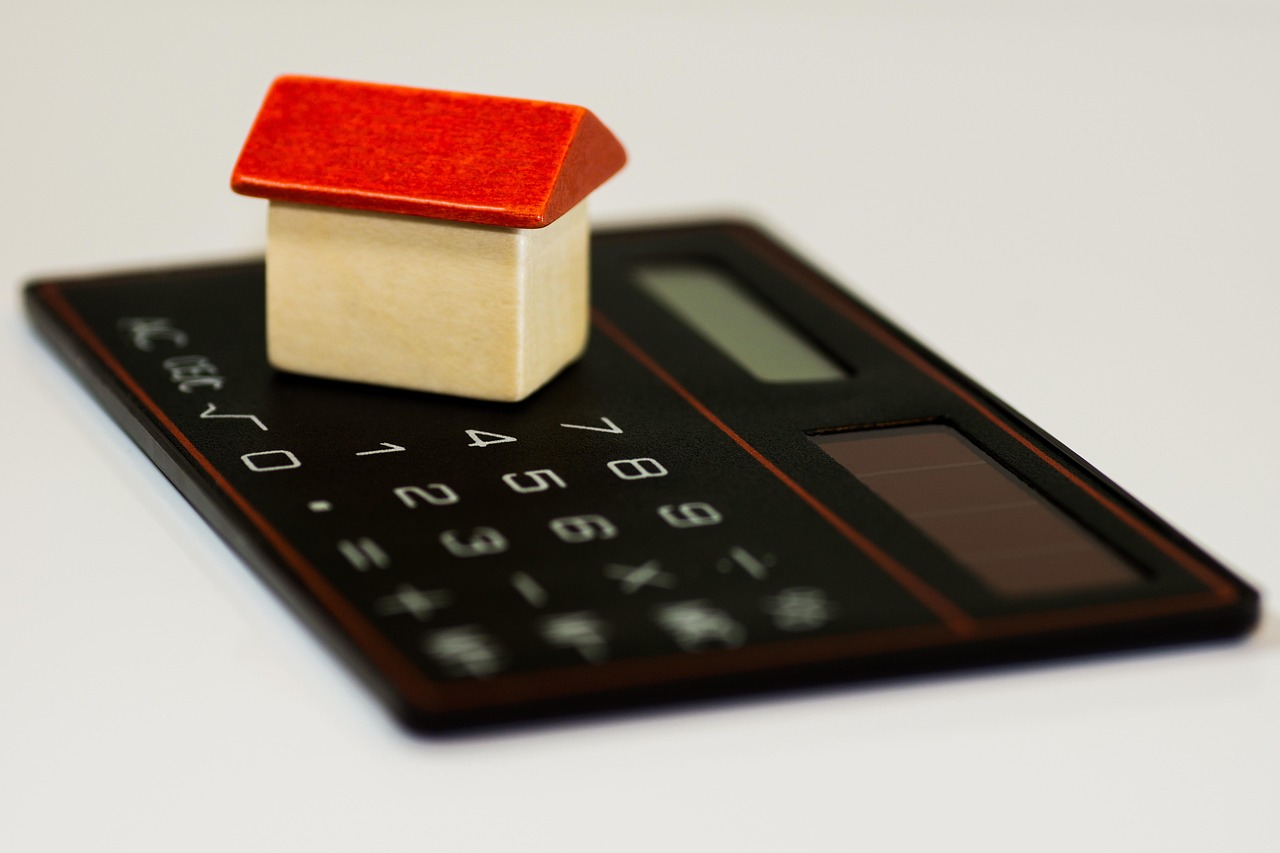
Understanding modular home financing in Dallas requires knowledge of available options and potential challenges. We have guided many property developers through this process and know how crucial proper financial planning is to project success. The Dallas market offers several viable financing pathways, each with distinct advantages depending on your circumstances.
Primary Financing Options
For most of our Dallas clients, we recommend exploring two primary financing methods. Construction loans provide short-term financing that typically converts to permanent financing after project completion. These loans disburse funds in stages as construction milestones are reached, allowing for controlled cash flow throughout the building process.
Alternatively, temp-to-perm loans offer a streamlined approach by beginning as a construction loan and automatically converting to a standard mortgage once your home is complete. This option reduces paperwork and eliminates the need for two separate closings, potentially saving both time and closing costs in the long run.
Understanding Loan Approval Timelines
When we develop project timelines for Dallas developers, we emphasize realistic financing schedules. Construction loan approval typically requires over 60 days since lenders evaluate both your creditworthiness and the viability of your building plans. This extended timeline often surprises clients and can impact property acquisition strategies and construction scheduling.
We coordinate closely with lenders who specialize in modular construction to facilitate smoother approvals. Many Dallas modular home manufacturers maintain relationships with financial institutions experienced in factory-built homes, which can significantly streamline this sometimes complex process.
Comprehensive Cost Considerations
Accurate budgeting for a Dallas modular project extends well beyond the home itself. We calculate all-inclusive costs that factor in land acquisition, site preparation, foundation work, utility connections, and permit fees. The current Dallas market typically demands between $400-600 per square foot for quality modular construction before land costs are considered.
For property developers working in premium Dallas neighborhoods like Highland Park or University Park, land costs often exceed the structure itself, sometimes reaching $375,000 or more. In surrounding areas like Fort Worth or Plano, land prices may range from $100,000-$125,000, significantly impacting overall project economics.
Financing Structure Considerations
We structure financing to maximize cash flow advantages throughout your project. During construction phases, many loans offer interest-only payments, reducing your financial burden until the property generates revenue. This approach is particularly beneficial for developers juggling multiple projects simultaneously.
For properties with anticipated excellent resale value in strong Dallas submarkets, we might recommend higher upfront investment to reduce long-term financing costs. Conversely, in developing areas with uncertain appreciation, leveraging higher loan-to-value ratios might better protect your capital resources for additional investments.
Working with lenders familiar with modular construction differentiates foundation work from manufacturing costs – a critical distinction that can affect both loan approval and disbursement scheduling. This specialized knowledge helps prevent common financing delays that plague traditional stick-built construction projects.
Conclusion: Making the Right Choice for Your Dallas Modular Home
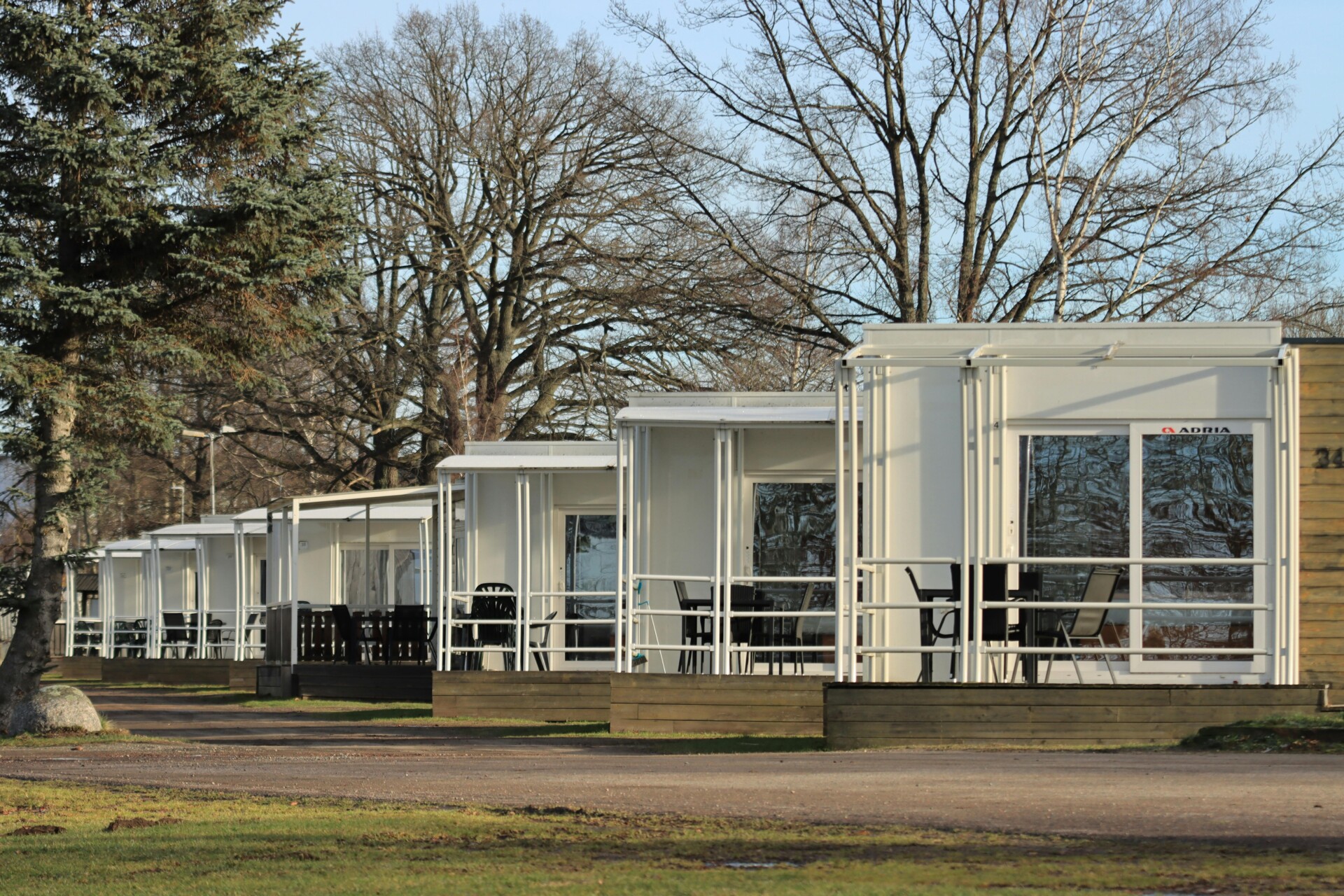
The modular home landscape in Dallas has evolved significantly in recent years. Once considered merely a functional housing option, it has become a sophisticated, customizable construction method offering exceptional value. As highlighted in this article, the benefits extend beyond cost savings, although the financial advantages are still compelling.
At EB3 Construction, we have seen how modular construction techniques have transformed the building process. The controlled factory environment ensures superior quality control and significantly reduces construction timelines. When we transport these precision-engineered modules to your site, we deliver components designed to endure the journey and withstand decades of Texas weather. This method results in a structurally sound, energy-efficient home that often surpasses traditionally built properties in performance.
The customization options available with today’s modular homes are remarkable. Moving beyond the cookie-cutter designs of the past, we now offer fully customized floor plans, premium finishes, and architectural details that reflect your unique taste. Whether you desire a contemporary urban residence or a spacious family home with traditional aesthetics, we create modular solutions tailored to your lifestyle and design preferences. This flexibility extends to energy systems as well—we frequently incorporate advanced HVAC technology, superior insulation, and smart home features that reduce environmental impact while lowering utility costs.
Ready to see how modular construction could enhance your Dallas building project? Contact our team to discuss your vision.

